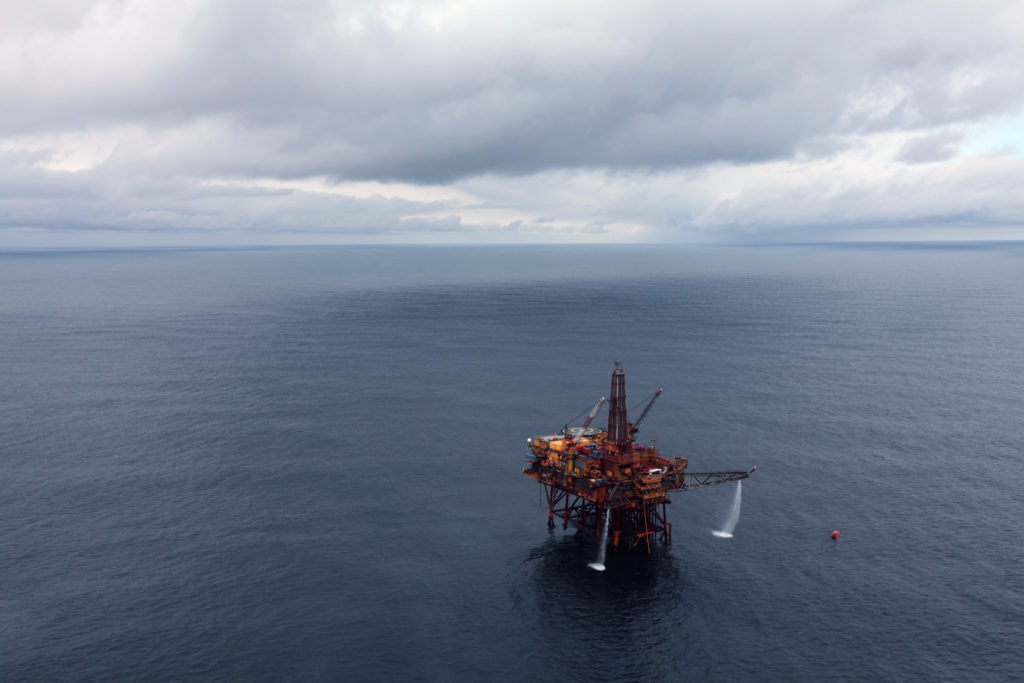
A gas build-up on a North Sea platform exposed workers to an explosion risk, a new safety report said.
The UK Health and Safety Executive (HSE) said gas from an unlit flare accumulated on the EnQuest’s Heather Alpha platform, located east of Shetland, on March 1.
Chris Flint, director of HSE’s energy division, recently warned that oil companies had come “perilously close to disaster” on a number of occasions and urged them to do more to tackle gas releases.
Mr Flint was writing to operators ahead of the 30th anniversary of the Piper Alpha disaster, which killed 167 men.
An HSE inspector said workers on Heather Alpha were exposed to a “risk of fire and explosion” and accused EnQuest of not taking sufficient preventative measures.
EnQuest said the safety systems had activated as expected and that safety was its top priority.
An emergency shutdown and was initiated after the presence of the gas was initially registered by three gas detectors.
More gas was then released and was picked up by a fourth detector.
EnQuest has been given until September 28 to comply with HSE’s improvement notice.
An EnQuest spokeswoman said: “EnQuest can confirm there was a gas release on its Heather platform on 1 March 2018. During routine operations, the flare extinguished which resulted in a limited amount of gas accumulating, externally, around the north face of the platform.
“The safety systems activated automatically, as designed, and production was shut down immediately. The safety of our people remains our first priority and we have taken steps to prevent re-occurrence.
“We are working closely with the HSE to learn from the incident and are on target to comply with the terms of the Notice.”
Heather Alpha has been in production since 1978.
The platform takes in hydrocarbons from the Heather and Broom fields via subsea tieback.
The processed oil is exported to the Sullom Voe Terminal via the Ninian Central platform, while the gas is routed through compression trains for lift gas purpose.
